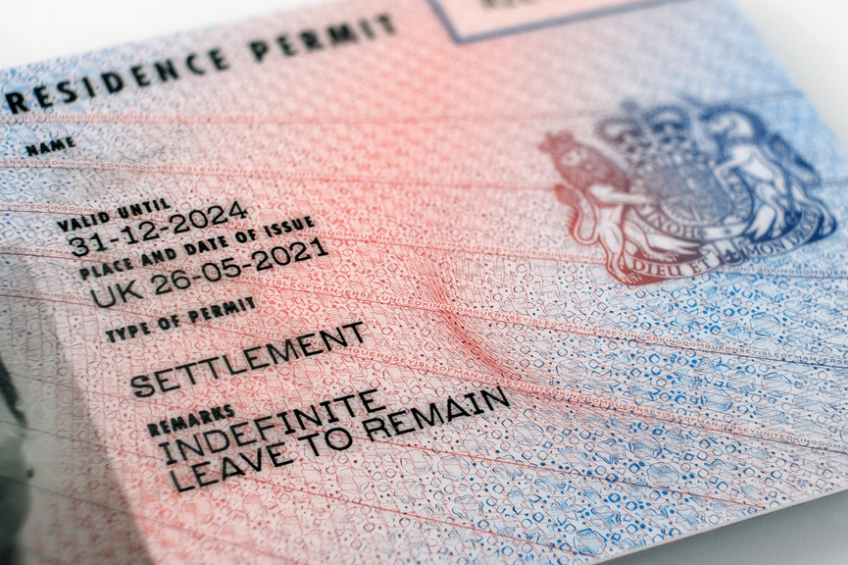Ensuring compliance with right-to-work legislation is a critical responsibility for employers in London. Hiring someone not authorised to work in the UK carries legal and financial consequences, including heavy fines and reputational damage. But this process, while essential, can seem daunting, especially with Brexit's recent impact on hiring.
This guide breaks down everything London employers need to know about right-to-work checks, from understanding the legal framework to implementing best practices. By the end of this post, you'll feel confident conducting compliant checks that protect your business and employees.
1. Understanding the Legal Framework
What are Right-to-Work Checks?
A right-to-work check is a process employers must carry out to ensure a prospective employee is legally allowed to work in the UK. This safeguard helps businesses avoid employing individuals without the necessary immigration permissions.
Failure to perform these checks correctly can result in fines of up to £20,000 per illegal worker – a risk no employer should take lightly.
Why Are They Necessary?
Right-to-work checks are required by law under the Immigration, Asylum and Nationality Act 2006. They ensure compliance and protect the UK's labour market by preventing illegal working practices.
For employers, these checks serve as a statutory excuse – a defence against liability if it turns out an employee doesn't have the required permissions.
2. Who Needs a Right-to-Work Check?
Right-to-work checks apply broadly across industries. Employers must carry out checks on all prospective employees, regardless of their nationality. This ensures fairness and compliance with anti-discrimination laws.
Types of Workers That Require Checks
Offering consistent checks for all applicants avoids potential accusations of racial or nationality discrimination.
3. Conducting a Right-to-Work Check
Step 1: Obtain Original Documents
Ask the employee to provide acceptable documents demonstrating their right to work in the UK. A full list is available on the UK government's website. Common documents include a valid passport or a biometric residence permit.
Step 2: Verify the Authenticity of Documents
Examine the documents provided. Confirm that they are genuine, relate to the employee, and are valid. Check for signs of tampering or incorrect details.
Step 3: Make Copies and Record the Date
Take clear copies of the documents, ensuring all relevant sections (such as expiry dates) are included. Record the date the check was completed.
Digital Right-to-Work Checks
Employers can now use online checks for candidates with a biometric residence permit or settled status under the EU Settlement Scheme. After completing the check, save the digital certificate as part of your records.
4. Common Mistakes to Avoid
Even well-meaning employers can face penalties if compliance falters. Here are some frequent errors to watch for and avoid:
5. The Impact of Brexit on Right-to-Work Checks
Brexit has changed the way businesses manage right-to-work checks, particularly for EEA and Swiss nationals. While they were previously exempt from immigration controls, most now need to prove their status under the UK's immigration framework.
Key Changes After Brexit
Remaining up to date on immigration law changes post-Brexit is vital for businesses in London hiring international talent.
6. Best Practices in Maintaining Compliance
Consistency in right-to-work checks is more than a legal obligation – it’s an opportunity to foster trust and inclusivity in your workplace. Here are some best practices to implement:
7. Tools and Resources for Simplifying the Process
Performing right-to-work checks manually can be time-consuming, but various tools are available to automate and improve efficiency.
Recommended Tools
The Importance of Due Diligence in Protecting Your Business
Right-to-work checks are not just a legal formality – they are a safeguard for your business, employees, and reputation. By following the steps and best practices outlined in this guide, London employers can ensure compliance while fostering a fair and inclusive work environment.
Need assistance navigating your right-to-work responsibilities? Just dial an expert of Bureau De Connect to stay ahead of the curve.





